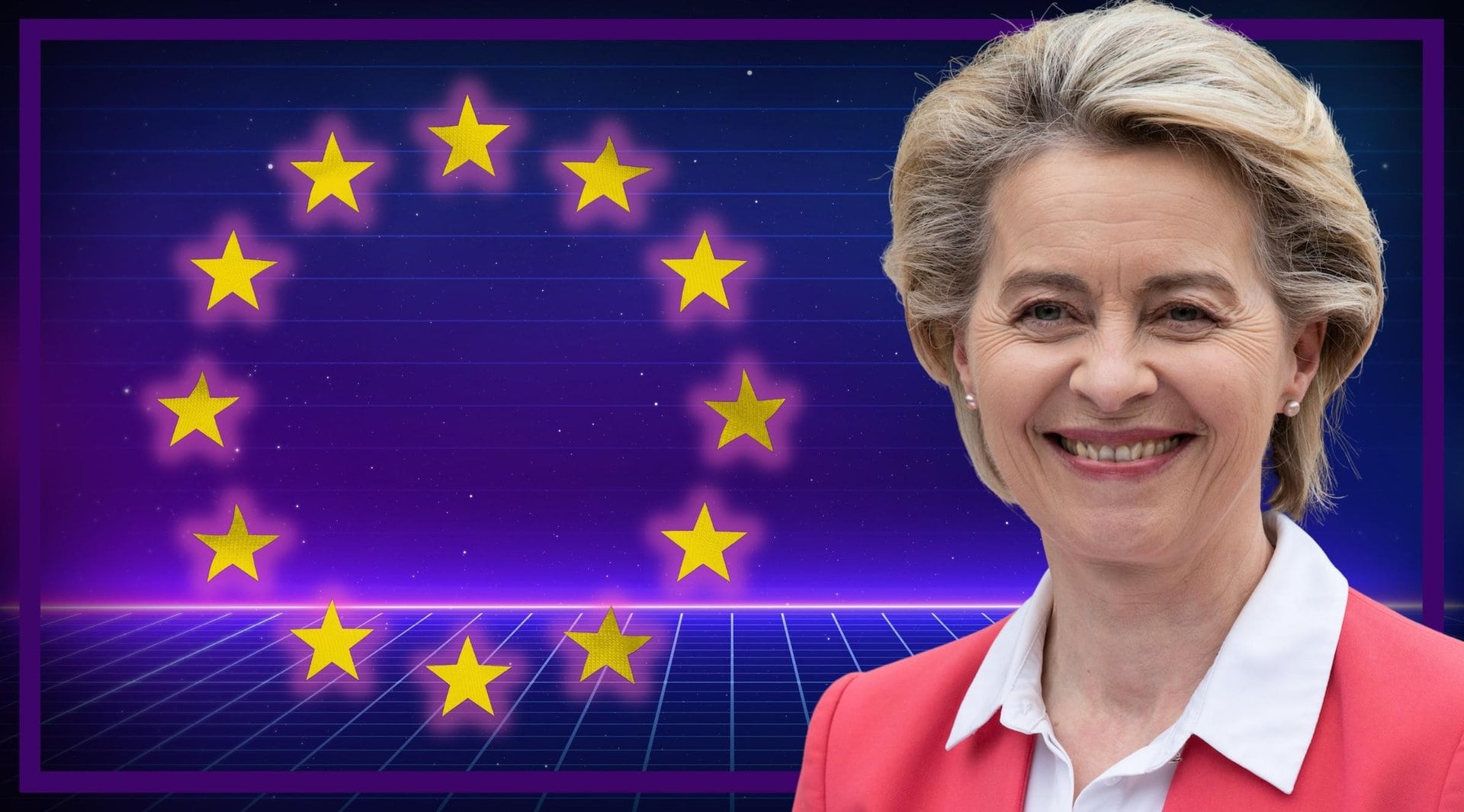Mark Zuckerberg’s metaverse has been under scrutiny ever since it came onto the market. Critics allege that consumer protection is lacking, and that regulators need to pay more attention. With Bloomberg estimating the metaverse will be worth $800 billion by 2024, the virtual reality industry is becoming ever-more lucrative as an investment. However, governments are also taking a closer look at how regulation can protect users in the metaverse, and how they can contribute to its evolution. But as a platform built upon user anonymity, with user profits and benefits at the forefront, how will these new measures be taken? And how might the approach differ between jurisdictions? Which one is leading the pack?
EU lawmakers are moving in on the metaverse and making it clear that Web3 and next-gen virtual spaces won’t escape one hard reality: Regulation.https://t.co/rfy8v6AFJz #foresight #predictions #futuretrends #futureofwork #futurejobs #keynotespeaker #futuriststrategy
— Thomas Frey CSP (@ThomasFrey) October 4, 2022
The European Union has announced a Metaverse Regulation Project, which will adapt to and support activity in the metaverse through infrastructure and regulations. The EU’s union-wide initiative was described as “key” by European Commission President Ursula von der Leyen and the letter of intent describes it as promoting “a Europe fit for the digital age”. Von der Leyen stated that, as part of their digital regulation strategy, they “will continue looking at new digital opportunities and trends, such as the metaverse.”
Thierry Breton, Commissioner for the Internal Market of the European Union describes the initiatives as having three main focus points: people, technologies, and infrastructure. Apparently to reflect the EU’s guiding principles, Breton states safety of users is of utmost importance: “this new virtual environment must embed European values from the outset. People should feel as safe in the virtual worlds as they do in the real one.” Recent experiences in metaverses, where women and children in particular are targeted and have been subject to abuse, have revealed the lack of protection the technology offers.
A man in #SouthKorea has been sentenced to four years in prison for sexual harassment offences on the #metaverse. Can the metaverse ever be safe for women and children?https://t.co/iclYjEFn9E
— #DisruptionBanking (@DisruptionBank) September 12, 2022
As the digital platforms develop and are ingrained into everyday life, the term “wild-west” has been frequently used to describe these unregulated decentralised platforms. This has been deployed particularly in relation to cryptocurrencies, with trading within the metaverse becoming more popular.
In light of this, Breton states: “We have also learned a lesson from this work: we will not witness a new Wild West or new private monopolies. We intend to shape from the outset the development of truly safe and thriving metaverses. Similarly to the European Bauhaus, we will launch a creative and interdisciplinary movement, aiming to develop standards, increase interoperability, maximising impact with the help of IT experts, regulatory experts, citizens’ organisations, and youth.” This is envisaged as coming with the development of “cutting-edge technologies in Europe [to] build a sustainable ecosystem”. Breton also announced the launch of Virtual and Augmented Reality Industrial Coalition, which aims to develop regulations with current stakeholders in metaverses developed after multiple workshops.
European Union to Launch Global Metaverse Regulation Initiative in 2023
— MANAK LAL (@MANAKLA11208386) September 27, 2022
The European Union (EU) will present an initiative to address the metaverse and all the activities and interactions happening in it sometime in 2023.
#BTC #MetaverseNFT #Eurovision #Crypto pic.twitter.com/HJZagA3THi
The EU isn’t the only regulator to see both the potential of the metaverse, and its risks. South Korea’s National Data Policy Committee announced on 23 September this year that it would develop regulatory amendments specific to the metaverse. The US has initiated a lawsuit which blocks Meta (previously Facebook) from buying out new metaverse applications, as a way to prevent monopolisation. Or, in their words, “illegal acquisitions to expand [a] virtual reality empire.” Japan has also introduced a Web3 Office as part of the Japanese Ministry of Economy, Trade, and Industry to investigate and form metaverse related policies. But what’s unique about the EU’s approach is that they have pledged to work with metaverse companies side-by-side, helping to balance innovation and consumer protection from the outset.
Japanese prime minister says gov’t investment in digital transformation will include Metaverse, NFTs https://t.co/hOw7h60tob #regulation
— ioBanker (@ioBanker) October 4, 2022
The EU VR/AR Industrial Coalition strategic paper outlines that: “increasing accessibility to VR/AR will be key to public acceptance and retention. The optimal deployment will be defined by the social impacts of these technologies, namely their ability to accommodate and respect important principles such as diversity and inclusiveness, safety and security, privacy as well as ethical applications”. But what does that mean for the safety of users? The EU appears to be promising support for consumers, and warning tech-giants that they will step-in to help guide and shape the development of the metaverse from the get-go. In turn, this could mean regulators play a formative part in the development of metaverses’ policies and safety procedures, in an attempt to try and prevent a Facebook-style repeat of mass-surveillance profiling, behavioral ads, and questionable safety practices.
Having policies implemented and regulated has been urgently called for by some users. In an interview with DisruptionBanking last month, Nina Jane Patel explained the necessity of having more policies embedded from the beginning to protect women and children. She also believed having women involved in building the policies and regulations would help prevent misogyny and abuse, and that it would put consumer protection higher up the list of priorities. This is effectively what the EU’s Coalition is proposing, with Breton’s proposal to implement a “creative and interdisciplinary movement” — with the goal of developing “standards, increas[ing] interoperability, maximising impact.”
There are questions, however, as to what the impact of “infrastructure taxes” could be. Infrastructure taxes will charge large technology companies working within the metaverse for the networks that they use, such as 5G and high-capacity internet. The proposal states if these companies want to have that infrastructure within the EU, the companies have to pay a larger tax in order to support the infrastructure.
The European Union’s approach could be more progressive than major rivals. The US has mainly focused on preventing Meta’s expansion, with the focus on ensuring competition rather than the safety of users. And the UK is, arguably, approaching the metaverse too harshly. The UK’s Online Safety Bill means that, if an internet service has any links to the UK, the Ofcom regulator can issue penalties up to 10% of annual global turnover. The idea is to prevent “harm,” although that term is very vaguely defined – and there are no specific regulations for the metaverse. While the EU is committed to building “a Europe fit for the digital age,” is the UK at risk of scaring away metaverse-related innovation?
‘Technology companies can’t use the metaverse to escape regulation’: The metaverse will be subject to an upcoming Online Safety Bill in the UK, making tech giants behind the virtual worlds open to billions of pounds of potential fines https://t.co/MPJi8FxK28
— Financial Times (@FinancialTimes) February 7, 2022
Owing to the popularity and growth of metaverses, countries which are embracing the new technology are seeing the benefits both economically and socially. The EU looks set to become an attractive destination for metaverse investment, mainly because it has pledged to work with the tech companies and not against them. Is the EU ahead of the game? Are they more open to the metaverse than other jurisdictions, particularly the UK? Only time will tell, but the early signs are encouraging for them.
Author: Bronwen Latham
#Metaverse #Technology #Regulation #ConsumerProtection #Innovation #EU #UK #US #SouthKorea














